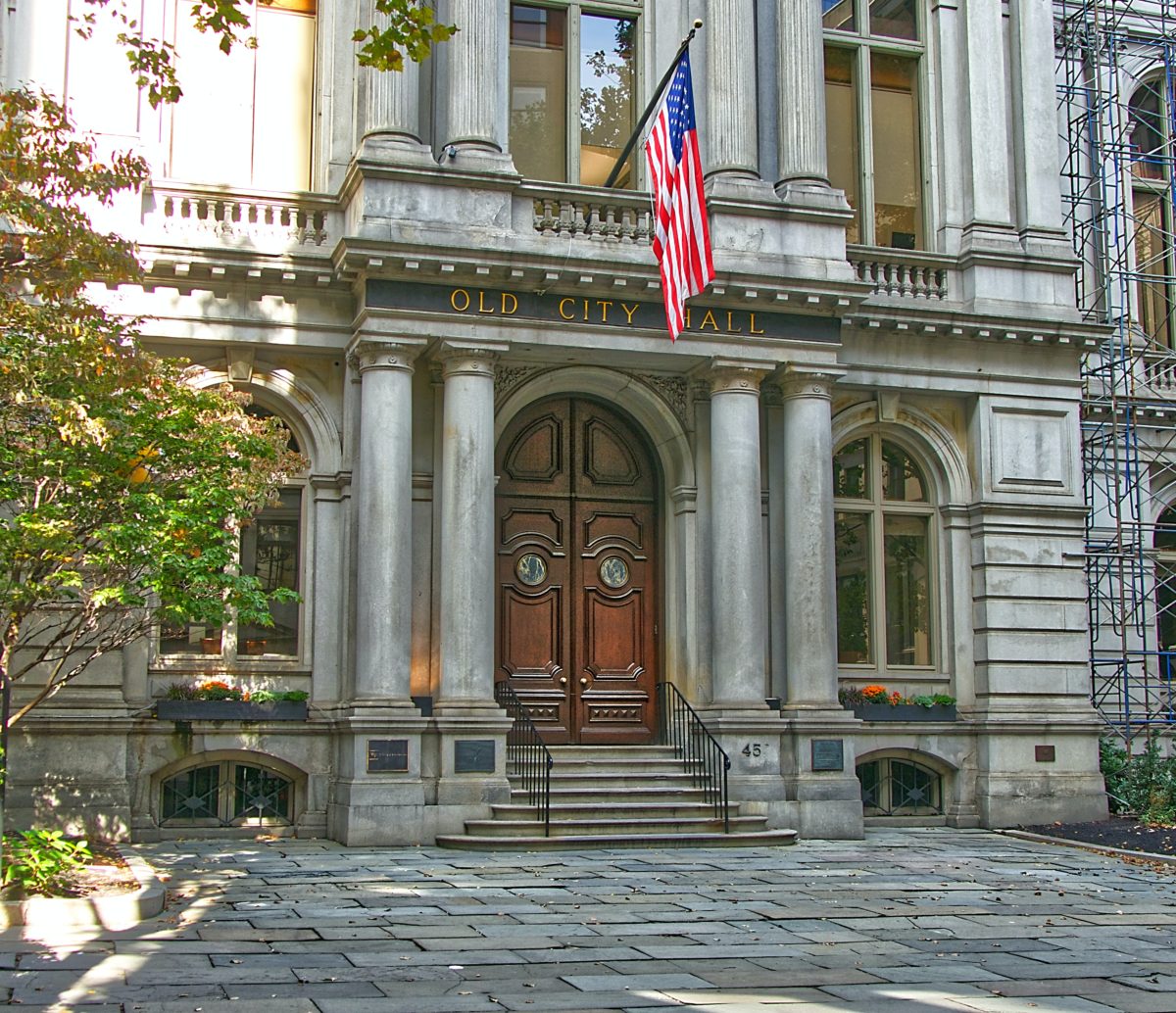
Alexis de Tocqueville on Big Government and Freedom
Alexis de Tocqueville in Democracy in America, Volume I, trans. Henry Reeve (G. Adlard: 1839, orig. 1835), p. 87.What good does it do me, after all, if an ever-watchful authority keeps an eye out to ensure that my pleasures will be tranquil and races ahead of me to ward off all danger, sparing me the need even to think about such things, if that authority, even as it removes the smallest thorns from my path, is also absolute master of my liberty and my life; if it monopolizes vitality and existence to such a degree that when it languishes, everything around it must also languish; when it sleeps, everything must also sleep; and when it dies, everything must also perish?
There are some nations in Europe whose inhabitants think of themselves in a sense as colonists, indifferent to the fate of the place they live in. The greatest changes occur in their country without their cooperation. They are not even aware of precisely what has taken place. They suspect it; they have heard of the event by chance. More than that, they are unconcerned with the fortunes of their village, the safety of their streets, the fate of their church and its vestry. They think that such things have nothing to do with them, that they belong to a powerful stranger called “the government.” They enjoy these goods as tenants, without a sense of ownership, and never give a thought to how they might be improved. They are so divorced from their own interests that even when their own security and that of their children is finally compromised, they do not seek to avert the danger themselves but cross their arms and wait for the nation as a whole to come to their aid. Yet as utterly as they sacrifice their own free will, they are no fonder of obedience than anyone else. They submit, it is true, to the whims of a clerk, but no sooner is force removed than they are glad to defy the law as a defeated enemy. Thus one finds them ever wavering between servitude and license.
When a nation has reached this point, it must either change its laws and mores or perish, for the well of public virtue has run dry: in such a place one no longer finds citizens but only subjects.